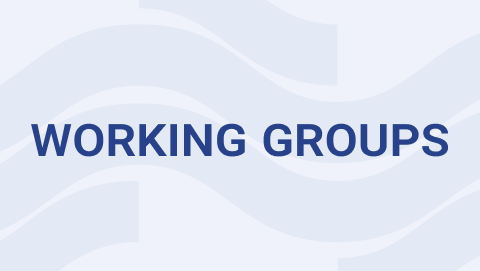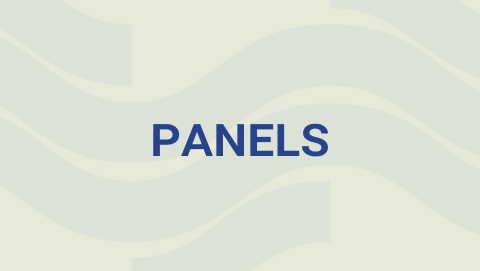Activities
Register for 32nd NISPAcee Annual Conference 2024
Main Theme
.png)
MAIN THEME
Public Administration in post-conflict reconstruction
The 2024 NISPAcee Annual Conference will revisit and compile an evolving perspective on the role of Public Governance and Administration in post-conflict reconstruction aiming to take stock of decades of state building experiences, revisiting and compiling some of the best practices as well as reflecting on the new and unique opportunities for build-up provided by digitalisation and artificial intelligence, producing theoretical and practical approaches to the most pressing post-conflict PG/PA matters in CEE region as well as globally.
Working groups

WG1
Local Government
The working group on Local Governance deals with all sub-national levels of governance from several points of view: regulation, structure, organisation, functioning, finance, representation, election and public policies, etc. The WG especially welcomes empirical research results, comparative analysis, theoretical contributions, and interdisciplinary approaches are, of course, supported, too.

WG2
Digital Government
The Digital Government Working Group invites innovative papers on the influence of information communication technologies (ICT) on government, public administration, public policy and the public sector. NISPAcee’s focus and differentiation of regarding this topic is discovering some of the special challenges originating from the CEE region but also contributing to the general discourses on the digital transformation of citizens, institutions and governance.

WG3
Public Administration Reform in CEE and CA
In fragile territories, policymakers usually need to understand the intricacies of different (e.g., political, economic, social) contexts, correctly identify the adequate set of needed resources and manage internal and external interventions in a coordinated, accountable, and timely manner. All this effort, complemented by a process of co-designing the new services, would eventually help communities regain their trust in state and its authorities and reconstruct their inner ties.This Working Group has an outstanding tradition of bringing together thinkers and doers of public administration reforms throughout and beyond the CEE Region and the Caucasus.

WG4
Politico-Administrative Relations in CEE
The theme of Politico-Administrative Relations (PAR) and its focus on observing the roles and interplay between ministers and senior bureaucrats endures, both as a scholarly enquiry and as a practitioner concern.

WG5
Public Finance and Public Financial Management
The topic of the WG is public finance, which plays a vital role in providing essential public services and goods. The WG deals with the financial management of existing resources, which includes both microeconomic and macroeconomic dimensions and whose effectiveness is critical for creating an enabling environment at all levels for sustainable development.

WG6
Evidence-Based Public Policy Making

WG7
Public Administration Education

WG8
Non-Governmental Organisations in CEE

WG9
The Rule of Law & Public Administration
Panels

Panel
Policy Planning and Coordination

Panel
Accreditation as a tool for learning: what and how?
1) How could the accreditation process and/or standards be adapted to encourage innovation?
2) If this can be done, which types of innovations should be encouraged?

Astana Civil Service Hub Panel Session
Public Administration in the New Reality
This panel session's primary beneficiaries include civil servants, scientists, and practitioners within the realm of public administration, actively involved in the development and execution of Public Administration Reform (PAR) policies.

Panel of the Regional School of Public Administration (Western Balkans)
Navigating the Change: Transformative Power of the EU Accession Process for Public Administrations

USAID/UNDP panel on Georgia Public Administration Reform
Practical and conceptual considerations in the context of EU candidacy
Discussion Points:
- Georgia’s PA Reform: Progress and Future Steps: Evaluate the progress made in Georgia's PA reform efforts and identify key areas for future enhancement, considering the EU accession process's evolving dynamics.
- Lessons Learned from PA Reform During and After EU Accession: Reflect on past experiences of PA reform in countries undergoing EU accession and extract valuable insights to inform future strategies and approaches.
- Digital Governance & Transparency: Explore the role of digital governance in enhancing transparency and efficiency within public administration systems, drawing on best practices and emerging trends in the field.
Sessions
.png)
Session
PhD Pre-conference seminar
.png)
Workshop
Engaged Research: Insights from Engaged Scholars
.png)
Session
Open Session
.png)


-editdoo3mhl-8gtpjd.png)
